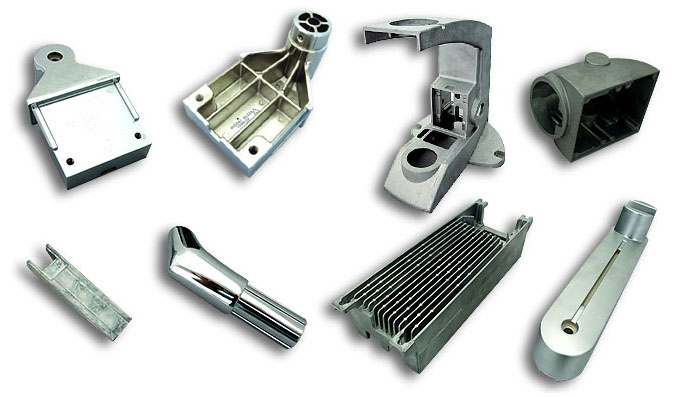Magnesium is the lightest among commonly used metals. It is one of the most abundant elements in earth crust, accounting for 25% of earth crust. Its melting point, namely 650°C, is nearly the same as melting point of aluminum. But it is lighter than aluminum and its density is equal to one thirds of that of aluminum. Magnesium alloy die castings have high specific strength, good casting characteristics as well as noise and vibration reduction property.
More specifically, magnesium alloy die castings have the following characteristics due to containing magnesium.
1. Under the same conditions, magnesium alloy die castings are double the cost of aluminum alloy die castings. They are often applied in automobiles for light weight, low oil consumption, less exhaust gas. Besides, they have noise and vibration reduction property, high casting precision and good overall economic benefits.
2. Magnesium is 1,700 kg/m3 in density and has relatively high specific strength. It has high weld strength, accounting for 95% of its strength. Besides, it has relatively high stability like stable shrinkage rate, high casting and dimensional precision, allowing high speed machining.
3. Magnesium has lower reactivity than ferrum. During die casting process, die-casting mould has low melting loss, so it has long service life. Magnesium has low caloric content per capacity and has faster die casting speed than aluminum.
4. Magnesium has good noise and vibration reduction property, low inertia and abrasive resistance performance.
5. Magnesium has good anti-corrosion property and good salt-spray corrosion resistance performance. It is stable under alkaline condition but easy to corrode under acid and chlorine condition. It has relatively high dissolution potential and, if it contacts with other metals in the electrolyte, electro corrosion will occur.

